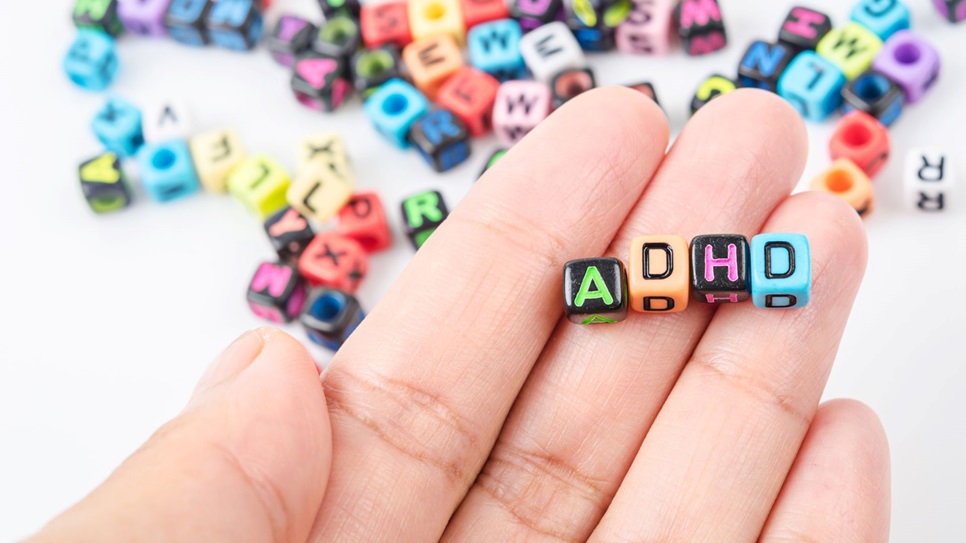Do you feel like your mind is constantly wandering and that it’s hard to stay focused on even the simplest of tasks? If so, you may be struggling with Attention Deficit Hyperactivity Disorder or ADHD. This disorder can affect adults as well as children and can have a profound impact on an individual’s life. In this article, we’ll take a look at the symptoms and risk factors of ADHD in adults, as well as treatments and lifestyle changes that can help manage this disorder.
Understanding the Symptoms of ADHD in Adults
ADHD symptoms in adults can vary but typically include difficulty paying attention for long periods of time, disorganization, impulsivity, and hyperactivity. Common signs associated with adult ADHD include:
- Difficulty following through on plans or tasks.
- Trouble staying organized and completing tasks.
- Feeling overwhelmed by activities that require a lot of focus or concentration.
- Trouble controlling emotions or impulses.
- Low self-esteem due to a perceived lack of accomplishments or successes.
- Fidgeting or restlessness in situations where others remain still.
It’s important to note that many people experience these symptoms without suffering from ADHD – it’s only when they become persistent and interfere with daily life that it’s considered a disorder.
Risk Factors for ADHD in Adults
Certain factors can increase the risk of developing adult ADHD, such as:
- Brain injuries.
- Substance abuse or addiction.
- Low birth weight or premature birth.
- Exposure to environmental toxins, such as lead.
- Having a parent or sibling who has ADHD.
- Stressful home life during childhood.
Treatment and Management of Adult ADHD
The good news is that there are several treatments available to help manage adult ADHD. The most common treatments include medication, cognitive-behavioral therapy (CBT), and lifestyle changes. Each person’s treatment plan may vary depending on their individual symptoms and preferences. It’s important to work closely with an experienced healthcare provider for adult ADHD in Naperville to find the right combination of treatments that work for you. They should be able to provide guidance, support, and resources that you need in order to live a full and productive life.
Lifestyle Changes for Adult ADHD
Lifestyle changes can also play a significant role in managing adult ADHD. By making some simple lifestyle adjustments, adults with ADHD can reduce their symptoms and promote better overall health. These changes can include the following:
- Eating a healthy, balanced diet and avoiding foods that are high in sugar or saturated fat.
- Exercising regularly and getting plenty of restful sleep.
- Limiting caffeine and avoiding alcohol, nicotine, and other drugs.
- Practicing mindfulness and relaxation techniques to help manage stress.
- Using organization tools, such as planners, calendars, and alarms, to help stay on task.
- Prioritizing tasks and breaking them down into smaller, more manageable pieces.
To Sum Up
ADHD in adults can be a challenging and complex condition to manage, but understanding the symptoms, risk factors, and treatments can help to make life easier. And working with an experienced healthcare provider for mental health treatment in Naperville can help you create a personalized treatment plan that works for you and your unique needs. With the proper support and guidance, you can live the life you want and deserve.











